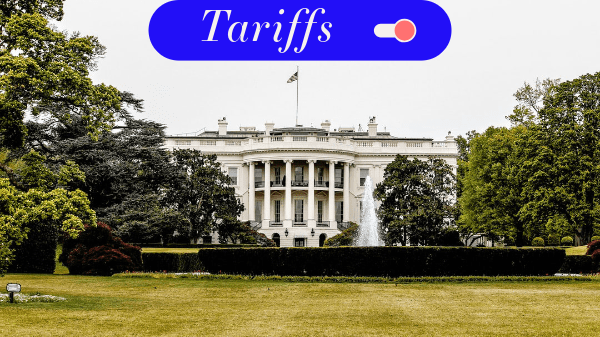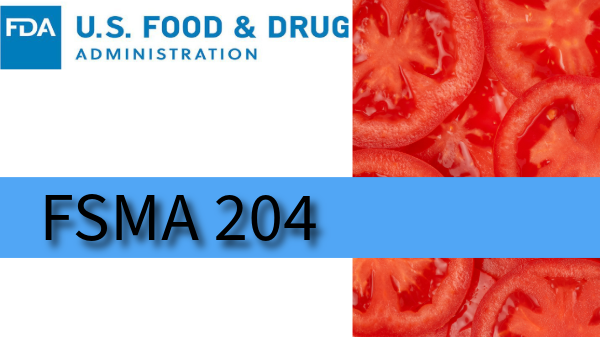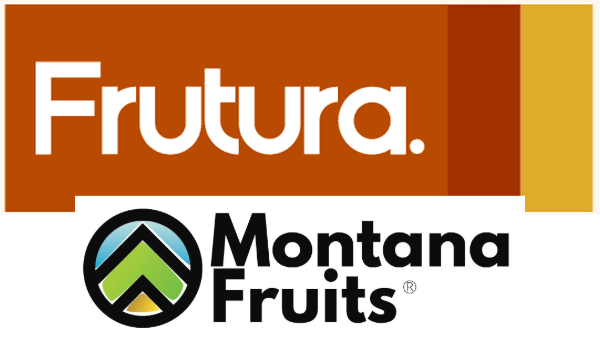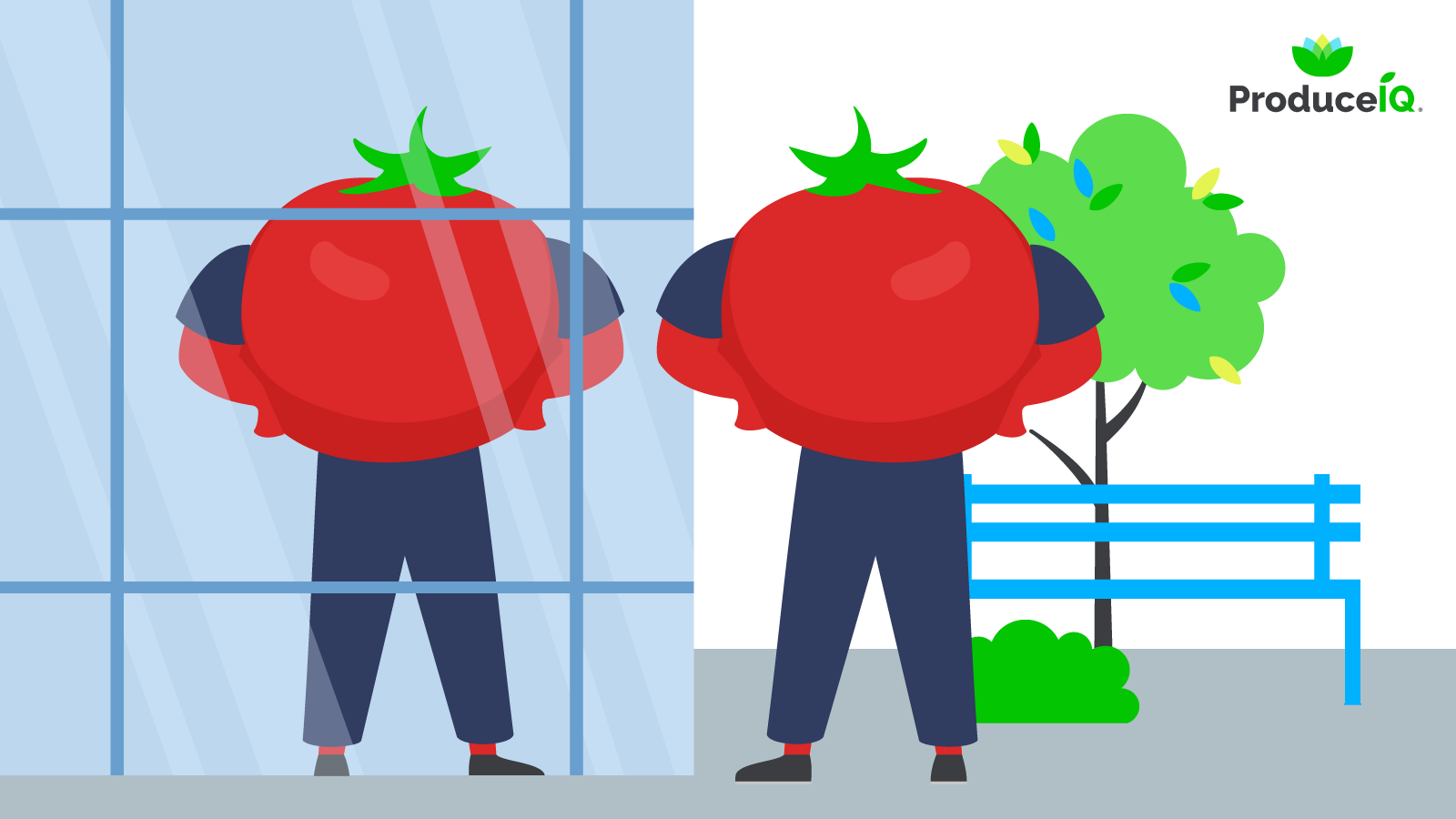Welcome to Blue Book!
Are you ready to join the thousands of companies who rely on Blue Book to drive smarter decisions? View our plans and get started today!
Still have questions? We’d love to show you what Blue Book can do for you. Drop us a line– we’ve been waiting for you.
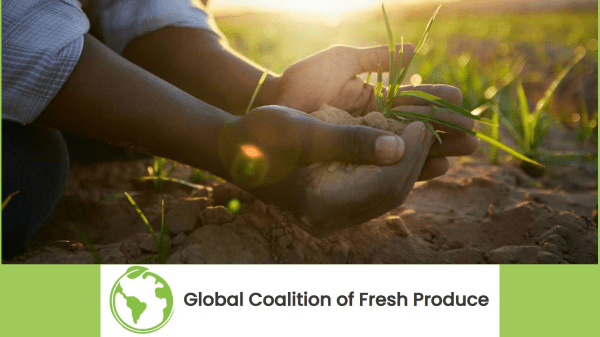
I sense a recent ground shift in the produce industry.
Something that did not seem evident even a year or two ago.
It is an increasing sense that the industry has to understand the larger global picture in order to thrive. Appealingly shaped containers of water – Produce Blue Book
Although fruit and vegetable producers have always been acutely aware of the role of foreign trade in their business, until recently there did not seem to be much of a sense of how it fit into the larger world picture.
That seems to be changing.

The latest evidence of this increased understanding of the world picture appears in the recently released report from the Global Coalition of Fresh Produce on the current global trading environment for fruits and vegetables. Global Coalition of Fresh Produce report calls for fresh produce policy measures – Produce Blue Book
Members of the coalition include the International Fresh Produce Association BB #:378962 (IFPA, whose recent name change is another piece of evidence for this trend), the Canadian Produce Marketing Association BB #:153602, Fruit and Vegetable Growers of Canada, and the Southern Hemisphere Association of Fresh Fruit Exporters. Global Coalition of Fresh Produce (producecoalition.net)
The coalition has set out a series of goals.
Some are obvious: to “increase attention of fruits and vegetables as a ‘strategic good’” contributing to sustainability and public health. GCFP-Call-for-Policy-Actions-27.01.2023.pdf (producecoalition.net)
Another: to “strengthen public promotional investment” of fruits and vegetables.
Other goals have to do with trade. One is to “balance the distorted sea freight environment,” which the coalition blames on increased costs as a result of “the vertical integration of major shipping lines which have strengthened their control of existing supply chains.”
Another: to “introduce transport subsidies for fruit and vegetable growers and exporters to alleviate the impact of inflated price distortions in the sea freight market.”
Further goals have to do trade barriers, including unreasonable and unscientific phytosanitary standards, burdensome registration practices, and import licensing requirements.
The coalition urges “the harmonization and mutual recognition of sanitary, phytosanitary and other market entry requirements to enable operators to seize export and import opportunities.”
Then there is “dwindling consumer purchasing power” due to increasingly expensive heating, electricity, and transportation.
These costs could hinder growth in fruit and vegetable consumption (which, as is universally known, is much lower than is desired for ideal nutrition) and “hamper the sustainable development of developing countries,” leading to “a cut in export revenues, negatively affect investment and possibly cause a slump in overall economic growth.”
Very true, to be sure. But this last objective raises issues of its own.
What about Kenya? Its daily air shipments of green beans to London bring in “export revenues” in the form of those precious British pounds. But some with a humanitarian bent could argue that Kenya might devote these resources to feeding the nearly 30 percent of its population that is undernourished. https://www.globalhungerindex.org/kenya.html#:~:text=In%20the%202022%20Global%20Hunger,of%20hunger%20that%20is%20serious.
The rhetoric of the report resembles that of other industries with agendas (and all industries have them): The industry makes unique contributions to the public good and thus should be treated uniquely (for example, subsidies for shipping in the face of high costs ). But this is not special treatment: it is remediation for injustices imposed by a market that is free and fair except when it is harming you.
Perhaps I sound cynical; I often do. But this May I will be publishing my thirteenth book: Seven Games of Life and How to Play. Seven Games of Life: And How to Play: Smoley, Richard: 9781722506247: Amazon.com: Books (The games involve things like survival, love, power, and courage.)
I may be over inclined to see everything as a game at this point.
Yet it seems clear that if the produce industry is going to engage fully in the global game, it will also have to engage in the global policy game.




